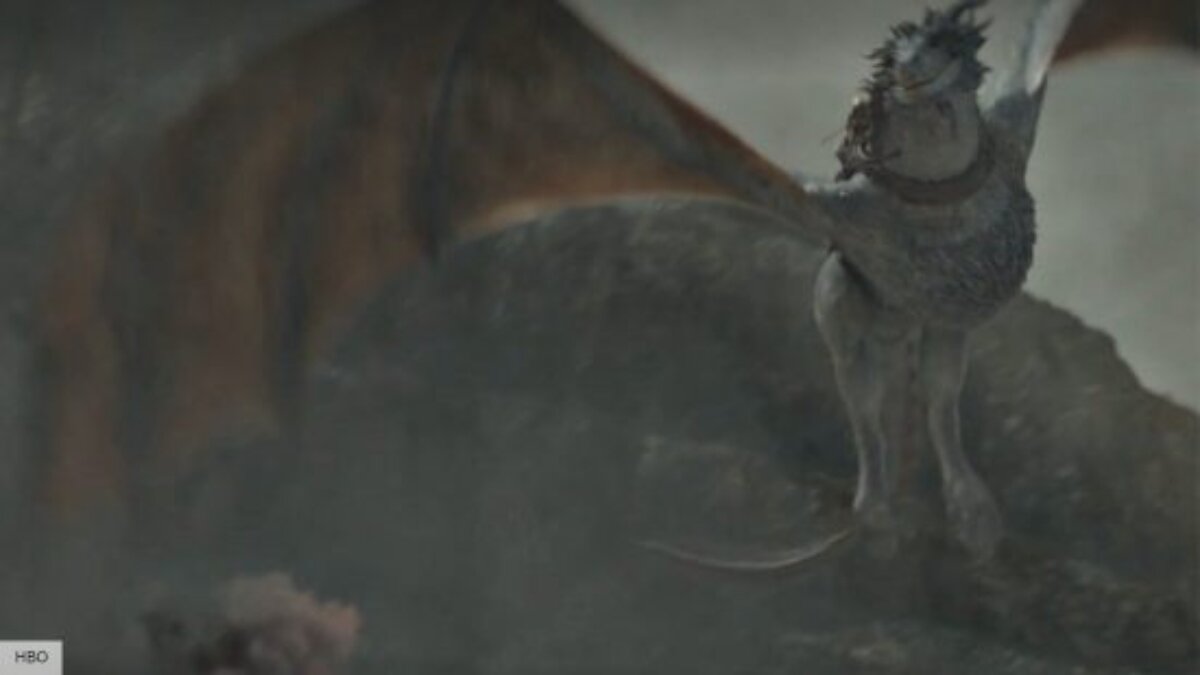The introduction of House of the Dragon, the Game of Thrones prequel series, has brought a captivating storyline tied to the Targaryen family and their association with dragons. However, amidst its gripping narrative, an intriguing plot hole has emerged that could potentially pose an issue for the series as it progresses.
Central to the lore of Game of Thrones dragons is the link between Targaryen lineage and dragon riding abilities. Each Targaryen member, due to their Valyrian blood, holds the potential to bond with and ride a dragon. Once this bond is established between a Targaryen and a dragon, it’s seemingly unbreakable as long as both parties are alive, as witnessed with Rhaenyra Targaryen and her dragon Syrax, and Daemon Targaryen with Caraxes.
This dragon-rider bond becomes pivotal during Rhaenyra’s tumultuous rule in King’s Landing, notably during a moment when her son Joffrey Velaryon attempts to escape on Syrax’s back. However, dragons, unlike horses, accept only one rider in their lifetime, as per Martin’s writing. This leads to Syrax dislodging Joffrey mid-flight, resulting in a tragic fall to his demise.
The plot hole emerges from a key event in the series, particularly in ‘Driftmark’ (episode 7 of House of the Dragon). In this episode, Laenor Velaryon, believed to be deceased, is revealed to have faked his death and departed across the Narrow Sea with Qarl Correy. Logically, this implies that in the show’s canon, Laenor is still alive, and his dragon Seasmoke is technically bound to him.
In the original lore from the books, Seasmoke was claimed by the Dragonseed Addam of Hull during the Dance of the Dragons. Leaked photos indicating Addam’s involvement in the show’s second season prompt a significant question: how will Addam claim Laenor’s dragon when its bond should still be intact?
This apparent inconsistency raises speculation and confusion about the show’s direction. However, an interesting perspective emerges when considering the books. George R.R. Martin’s works are presented from an in-world perspective, potentially reflecting the characters’ recollections rather than an omniscient narrator. Thus, when the show diverges from the books, it could be interpreted as showcasing what actually occurred, challenging the canon established in the books.
This intriguing interpretation could also extend to the controversial Game of Thrones season 8 ending, suggesting that the show’s narrative might still hold weight as part of the series’ history, even if Martin contradicts it in future book releases. This opens up an intriguing possibility where the show’s events diverge from the book’s accounts, making the plot hole a source of discussion among fans and prompting varied interpretations of the series’ continuity.


